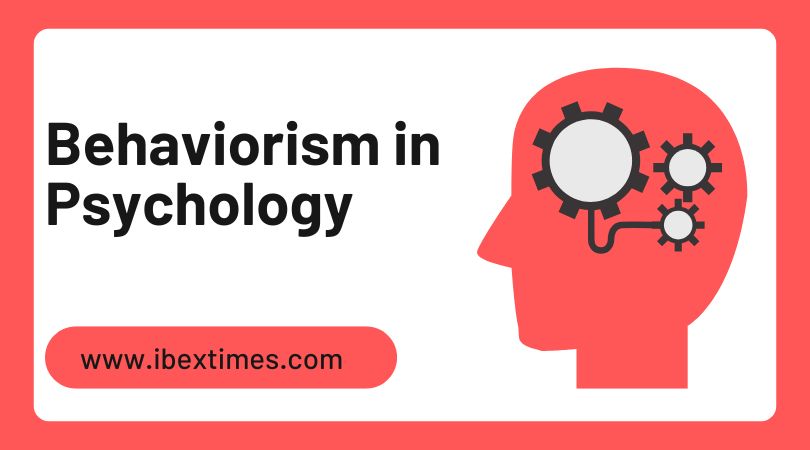This post discusses the meaning and types of ethics. You can also find a PowerPoint presentation relevant to the topic ‘Meaning and types of ethics’ at the end of this article.
What are ethics?
The term ‘ethics’ refers to a set of well-grounded standards set by an organization, a state, or a society concerning what is right and what is wrong. To put in simple words, they are defined criteria that act as a model or guideline for people to behave in an organization, community, society, etc.
These ethical standards inform us of what we as human beings ought to to do when it comes to rights, responsibilities, virtues, overall good of society, etc.
What are different types of ethical standards?
Ethical theorists classify ethical standards into different types, i.e. duty-based ethics, situation-based ethics, virtue-based ethics, supernaturalism, subjectivism, consequentialism, intuitionism, emotivism.
1. Rights-based Standards
Rights-based ethics suggests we all as humans have some rights subject to inviolability at all costs. These rights consist of two types (a) inalienable natural rights, e.g. the right to live, the right to be happy, the right to marry (b) conventional rights reflecting social values of a place, e.g. the right to education, the right to equal treatment, the right to public places, etc.
The United Nations (UN) came into being in 1945 on a rights-based ethics system according to which states in the world would provide certain unalienable rights to their citizens. The Universal Declaration of Human Rights along with several other UN rights conventions are examples that reflect a rights-based moral system.
The antithesis of rights-based ethics is utilitarian ethics. The latter speaks about optimizing the “good output” and reducing the “bad output”. They would not mind subverting even the basic human rights if this could benefit a larger part of people in any way.
2. Supernaturalism
According to supernatural theory, ethical standards depend upon what the creator of the universe wants. To put it in simple words, God is the ultimate source of morality. Nobody should question what his/her religion advocates and calls for. Something is good or right if God has said it is good and right. Similarly, something is bad because God says it is.
There is no space for questions that challenge what a religion enjoins its follower to do. The protagonists of this theory are the people who are usually devout and die-hard religionists. For them, the way to live a good life means to act as per the wishes of God.
3. Duty based ethics
Society has standards in form of the reasonable obligations to do or refrain from certain actions, e.g. rape, stealing, murder, assault, and fraud, etc. While acting upon these standards people do not take into consideration the consequences of their actions, they just do it because it has become an established norm of the society they live in.
Under this category of ethics, people are not expected to validate their actions with any good output or result. They just have an obligation to do or avoid doing anything as established in the general context, irrespective of the positive or negative impact. For this reason, the ethical theorists also call the ‘duty-based ethics’ ‘non-consequentialist ethics’.
4. Virtues based standards
Virtue-based standards also known as character-based ethics are derived from the virtues such as honesty, perseverance, truthfulness, etc. These ethical standards are based on the moral character of a person doing an action rather than the consequences of their actions.
Apart from telling about what is right and what is wrong, virtue-based ethics also guide people to adopt certain attributes and attitudes of virtuous people. Thus, character-based ethics is solely and wholly concerned with the personality traits of a person.
This theory is much helpful, the practical implementation helps assess the character of other people. Moreover, it encourages people to be good and act as per the collective will of the people.
5. Relativism
Relativism is also called subjectivism. Relativists argue that moral values are not universal and objective in nature, they are rather relative to the context. Different people look at things and act differently because their standpoints such as religion, culture, etc. differ from each other.
Moreover, the theory speaks about the feelings of the people which reflect in their words and actions. In other words, a moral statement is a reflection of the attitude of the person on some ethical issue. So if I say “stealing is bad”, all I’m saying is telling someone that I dislike the act of stealing.
6. Intuitionism
The protagonists of this theory argue that moral truths are real and objective in their nature. Humans do not need any to attain direct knowledge or cognition based on rational thought or inference.
More simply the advocates of this theory believe that the moral truth is not dependent upon any content because of its universal nature. They just suggest human beings can only get to know these truths by use of their intuition only.
7. Emotivism
According to emotivists, a speaker expresses his feelings about an issue while giving a moral statement. Hence, a speaker, by expressing feelings also influences the thoughts and actions of other fellow human beings in his surrounding.
8. Virtue ethics
The theory of virtue ethics suggests that the action of a virtuous person is always right and others can replicate his actions. The advocates of this theory take the conduct of a virtuous person as a standard for others to follow. They argue that the sayings and conduct of a virtuous person are always a product of rational thought.
The term ‘virtue’ refers to a moral attribute that human beings should possess as part of their personality to live a morally good life. Some of the important virtues that a person should possess include prudence, fortitude, generosity, justice, ambition, temperance, patience, perseverance, honesty, etc.
Visit the PowerPoint presentation on the meaning and types of ethics in the link given below:













